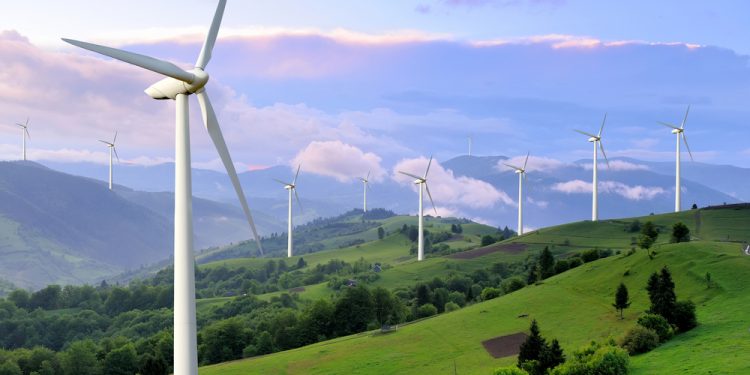ShareAction, the environmental campaign group, has launched a new digital platform to educate and engage pension savers as to how their retirement savings are invested.
One of the key aims fo this new campaign will be to get employees to demand ‘greener pensions’ from their employers. The launch is designed to coincide with widespread public demonstrations calling for action on climate change.
This ‘Pension Power’ platform will contain audiovisual content on how savings are invested, and information on how people can demand more climate-friendly pension plans. This will include details of how employees can lobby employers on this issue, as well as switching to providers who offer more suitable options. This will include those with investment strategies that take into account environmental, social and governance (ESG) risk factors.
ShareAction’s campaign manager Michael Kind says: “Most people striking for the climate last week will be paying into a pension which is invested in companies like BP and Shell.
“Indeed, their pension is probably made up of more than 10 per cent oil and gas companies . A huge number of these people won’t know who their pension provider is, let alone that they have a stake in the very companies responsible for the crisis we find ourselves in.”
Over the past year ShareAction has carried out research on how to talk about pensions in a way that people can engage with. It has also run controlled message testing on social media to inform this new campaign.
ShareAction says it found that there is a vital need to educate the public before asking them to take action.The campaign aims to redefine people’s understanding of pensions from being purely for retirement, to looking at how pension investments shape the world around us. It points out that of all the money invested in the UK, 44 per cent comes from our pension savings.
ShareAction says it found that the best way to hook the public into this conversation is to highlight the contrast between their value-driven consumer choices, and the investments made on their behalf.
Kind adds: “We found that people really resonated with the message that despite trying to live ethically – shunning plastics or cycling to work – their pension was funding fossil fuels.”





